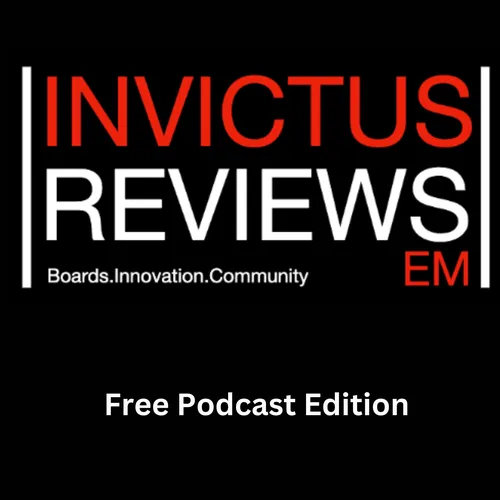Antidepressants Toxicity
- Author
- Mel Herbert
- Published
- Tue 02 Sep 2025
- Episode Link
- None
Dr. Sean Nordt delivers a comprehensive pharmacology lecture on antidepressants, their mechanisms, and the management of toxicity cases in emergency settings. The board-certified emergency physician, pharmacologist, and toxicologist walks through the complex pharmacology of psychiatric medications, focusing on their potentially deadly complications and how to recognize and treat them.
• Cyclic antidepressants cause toxicity through fast sodium channel blockade, leading to QRS widening and ventricular dysrhythmias
• Sodium bicarbonate is the cornerstone treatment for cyclic antidepressant toxicity, working by increasing pH and altering cardiac binding
• SSRIs and SNRIs have distinct adverse effect profiles, with SNRIs posing greater risk in overdose scenarios
• Bupropion overdose commonly causes seizures and QRS widening through cardiac gap junction blockade
• MAOIs can cause hypertensive crisis and severe serotonin syndrome, especially with tyramine-rich foods or drug interactions
• Serotonin syndrome is characterized by hyperreflexia and clonus, distinguishing it from neuroleptic malignant syndrome
• Treatment approaches differ for serotonin toxicity (benzodiazepines, cooling), NMS (supportive care), and malignant hyperthermia (dantrolene)
• Antiemetics like metoclopramide and promethazine can cause extrapyramidal effects treatable with anticholinergics
